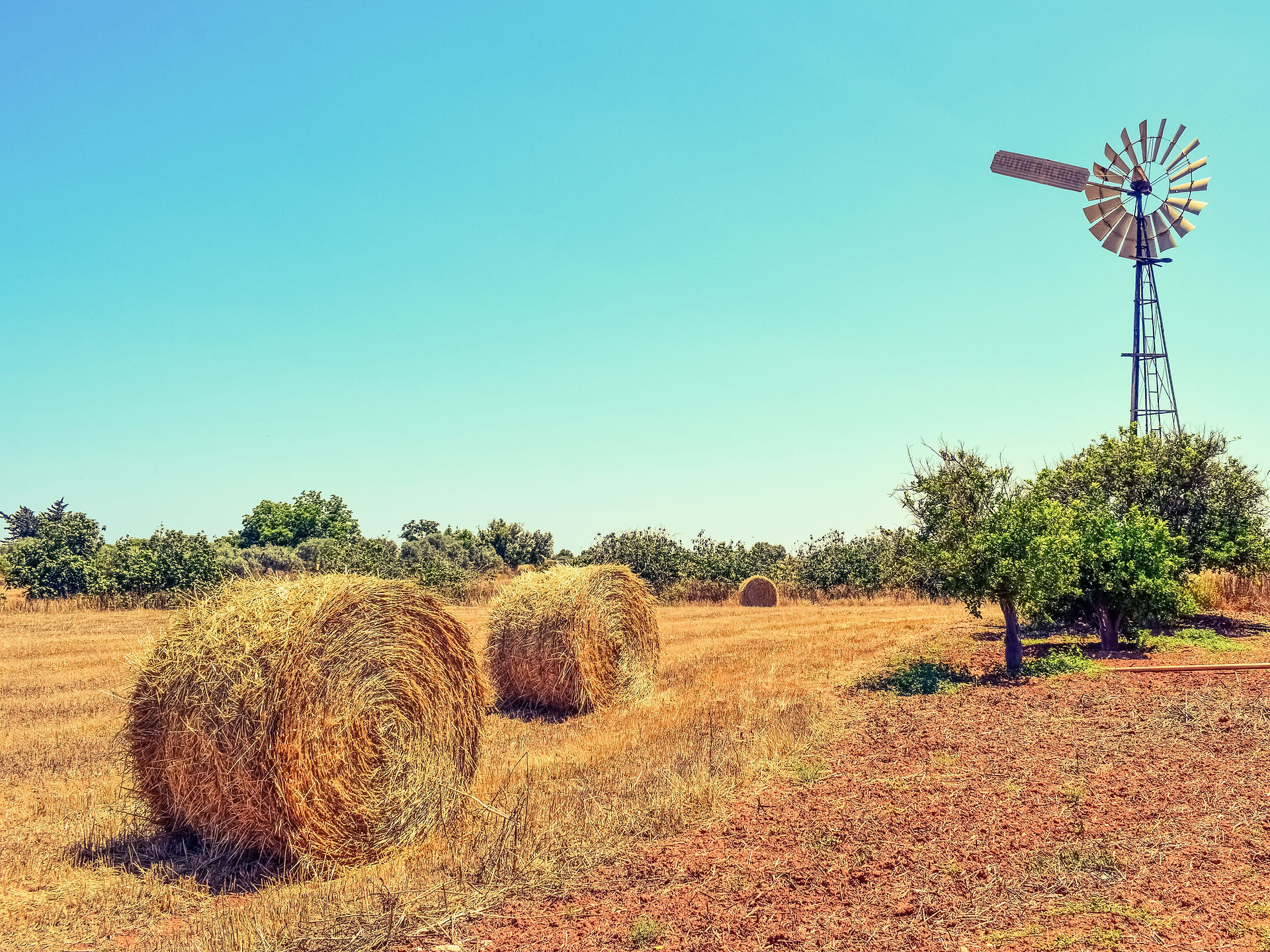Most homestead animals that produce milk have two "varieties". You have those that tend to produce more milk and are dairy animals and those that develop more muscle and are "meat" animals. Within those varieties you have various breeds. Different breeds of goats or cows will produce different variations in milk. These variations include supply as well as the type of milk. Some breeds produce milk that makes great cheese while others produce milk that makes awesome butter or other various dairy products.We have both dairy and meat goats as well as beef cows. One day we'd like to own a small herd of mini Jersey cows that we can milk as well.

So ... We aren't anti-cattle. How did we decide on dairy goats? Goats have several advantages over cows. The first is size. Our largest goat weighs about 150 lbs. We have some adult does that weigh less than 70 lbs. Compare that to a dairy cow that can top out at over 1,500 lbs. For us, size is a huge factor. An animal of any size can hurt a human, especially a small child, but a 1,000 pound animal can do far more damage than one 1/10 that size. Smaller animals also eat less, require less pasture space and thereby require less fencing. We try to rotate which does are in milk so we get no more than 3 gallons of milk per day. Three gallons of milk a day is 21 gallons a week. That's a lot of milk to find a home for every week! The average Jersey cow can easily produce 7 gallons of milk per day. We just can't utilize that much milk every day.
Just based on size, dairy goats were the obvious choice for us. But what about the milk, doesn't it taste "goaty"? The simple answer is yes and no. Remember the old saying "You are what you eat"? That's not just something grandma said to try to get you to eat some vegetables. What an animal eats has an affect on what the products it makes will taste like. It doesn't matter if you are talking about a chicken laying eggs, pork chops from a pig or milk from the goat; diet is the biggest factor in what the milk will taste like. Goats and cows eat basically the same thing. Lots of grass or hay and a little grain on the milking stand.

There is a big difference between something that has been packaged, pasteurized and preserved for a long shelf life and something that is fresh from the source in its natural state. I've never met someone that claims that cow milk is gross because they drank powdered or canned cow milk from the grocery store. Most goat milk found in conventional grocery stores is either canned or powdered. There just isn't enough demand in the United States for it to be cost effective to offer it fresh. Comparing canned milk to fresh milk is the same as being disappointed that day old donuts aren't as good as those you get when the "Hot Now" light is on. The fresher something is, the better it will taste. The better the ingredients, the better the end result. Good feed equals good milk!
The other thing that can determine the flavor of milk is hormones. For most of the year, we house our bucks separate from the does. We try to not allow them to even share a fence line. When a buck in rut is around a doe, her milk will develop an "off" taste. Luckily, I have 9 eager taste testers that immediately let us know when things aren't quite right. When we are trying to get does bred, we use their milk to supplement our animal feeding. Pigs, calves and other goats are quick to drink up any milk we're willing to share.
#cornerstoneacres #goatmilk #rawmilk #dairygoats #familyfarm #homestead #largefamilyhomestead #largefamilyfarm #familyhomestead


Comments